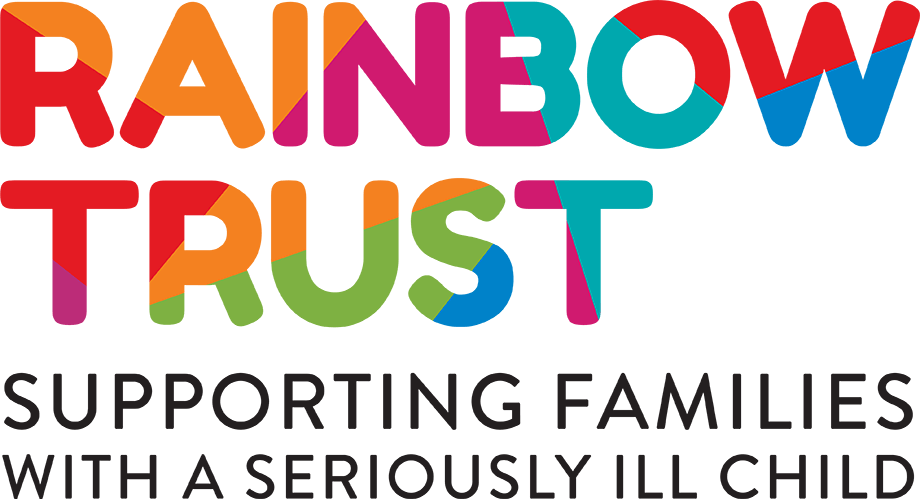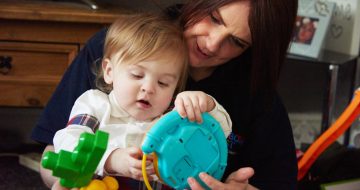Date published: 23 April 2020 by Digital Team
A new study published today shows that the number of children in England with life-limiting or life-threatening conditions has trebled over the last 17 years, and the likely need for services is significantly higher than previously understood. The number is predicted to rise by at least another 11% by 2030.
The Make Every Child Count study, conducted by the University of York, has revealed that the number of children in England with life-limiting or life-threatening conditions increased to 86,625 in 2017/2018. The figures for 2001/2 were 32,975. Key findings include:
- There are growing numbers of children with life-limiting conditions, increasing from 26.7 per 10,000 in 2001 to 66.4 per 10,000 in 2017/18.
- Prevalence is highest in the under ones,
- The proportion of life-limited children living into young adulthood is increasing
- Prevalence is highest in areas of higher deprivation and in ethnic minority populations.
- Prevalence is higher in boys than girls.
- The prevalence of life-limiting conditions was highest for congenital abnormalities.
- Prevalence is increasing across all regions of England, with the highest increase in the North West of England and Yorkshire and the Humber.
Our Chief Executive, Zillah Bingley, said:
"This new research reflects how vital Rainbow Trust’s emotional and practical support is, as many more families across England care for babies, children and young people with a life-threatening or terminal illness.
The rise in prevalence matches Rainbow Trust’s experience. Rainbow Trust has seen an increase in the number of families referred to us for vital support, year on year. In particular, one third of our referrals in the last year were for children under one, and Rainbow Trust’s neonatal support has expanded across all our teams over the last five years. This provides huge benefits for parents, both emotionally and on a practical level, and neonatal staff report that our support helps to reduce the demands on the health service.
While not every family whose child has a life-limiting or life-threatening condition will need support, depending on the stability of their child’s condition, and their existing support networks, many others may struggle with the emotional and practical demands of caring for their child, and with the very real possibility that their child may die. Families tell us that the current COVID-19 pandemic is creating additional stress and anxiety as they self-isolate to shield their seriously ill child from the risk of infection.
This study is a timely reminder for government, the NHS and social care commissioners that - far from seeing services cut, as is currently happening because of the sudden financial downturn - it will be absolutely essential to step up investment in services from all providers, including the charitable sector, in line with the continuing rise in prevalence that has now been robustly predicted.
Rainbow Trust will continue to work hard to meet the diverse needs of thousands of families living with serious childhood illness, for whom time is everything. Rainbow Trust Family Support Workers spend time listening to family’s fears and anxieties; time by a child’s bedside while an exhausted parent takes a break; time helping brothers and sisters come to terms with their new reality and time to just let a family be a family again.
Now, more than ever, It’s About Time that every family with a seriously ill child gets the support that they need."
The research was conducted by the Martin House Research Centre at the University of York, and funded by The True Colours Trust. It used hospital and death certificate data in England to provide an up-to-date count of children and young people with life-limiting and life-threatening conditions. While the increase may be partly down to better recording of hospital data and improved diagnosis, the study suggests that it is also likely to be because children are living longer as a result of better care being provided and advances in medical technology.
Read the full report here.


